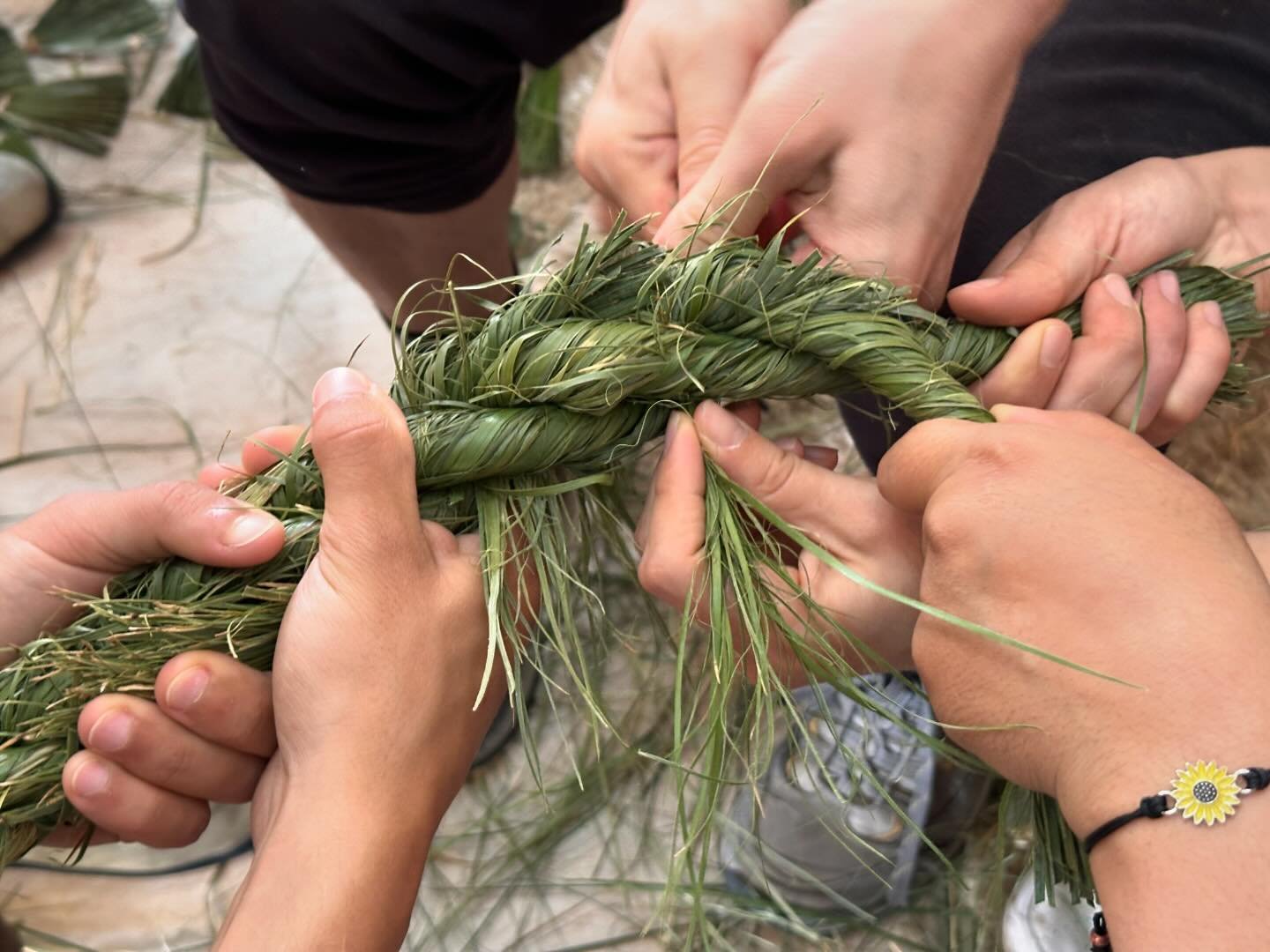ICTA-UAB spearheads several initiatives in the field of ethnobiology
The discipline of ethnobiology has a long pedigree in European research institutions (sensu lato). Despite this, the European ethnobiological community is largely scattered and fragmented, mostly due to a general lack of opportunities for collaboration and exchange of research ideas at the regional level. Thus, there is a deep, genuine and collective desire to create a more closely-knit network of ethnobiologists in Europe, aimed at strengthening bonds within this scholarly community.

ICTA-UAB researchers Sandrine Gallois and Álvaro Fernández-Llamazares, together with Andrea Pieroni (from the University of Gastronomic Sciences in Pollenzo, Italy), are coordinating the European network of ethnobiologists. This is a large collaborative effort involving ethnobiologists from many different research institutions across Europe, who are currently working together in strengthening ties and articulating stronger collaboration. As part of this process, the first mailing list of European ethnobiologists has been created and is hosted at ICTA-UAB, which currently has more than 60 members.
Members of this network met at a dedicated symposium, led by ICTA-UAB researcher Sandrine Gallois and Andrea Pieroni, at the International Society of Ethnobiology Congress 2024 in Marrakech. The workshop was focused on discussing concrete ideas and proposals for implementation through active and co-creative brainstorming and collaborative agenda-setting. Additionally, a delegation of ICTA-UAB researchers presented their research at this conference: Sandrine Gallois, Valeria Zapata, Karla Ramírez-Capetillo, Giulia Mattalia, Julián Caviedes, and two alumni Vincent Porcher, and Anna Porcuna-Ferrer.
All these initiatives are solidifying ICTA-UAB's position within the field of ethnobiology in different ways. ICTA-UAB researcher Sandrine Gallois was officially appointed as the European representative in the Board of the International Society of Ethnobiology.
Additionally, several researchers at ICTA-UAB are leading different scientific articles reflecting on the future of the discipline and its position at the confluence of multiple ways of knowing. ICTA-UAB researcher Álvaro Fernández-Llamazares recently led a collaborative article published in the Journal of Ethnobiology and Ethnomedicine on the global relevance of locally-grounded of ethnobiology. This study, co-authored with collaborators from 8 different countries, including also ICTA-UAB researcher Julián Caviedes, sets the ground for “global ethnobiologies” by presenting different conceptual and methodological approaches to enable the scalability of place-based ethnobiological research from the ground up. Earlier this year, ICTA-UAB researcher Victoria Reyes-García also published a reflection on the Journal of Ethnobiology and Ethnomedicine discussing options to foster a more diverse, inclusive and impactful future for this scholarly field. Together, these articles offer guidance for bringing ethnobiological knowledge into resolutions that can influence global environmental research and policy agendas.